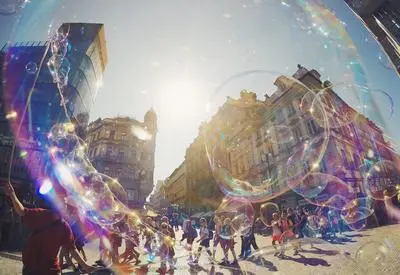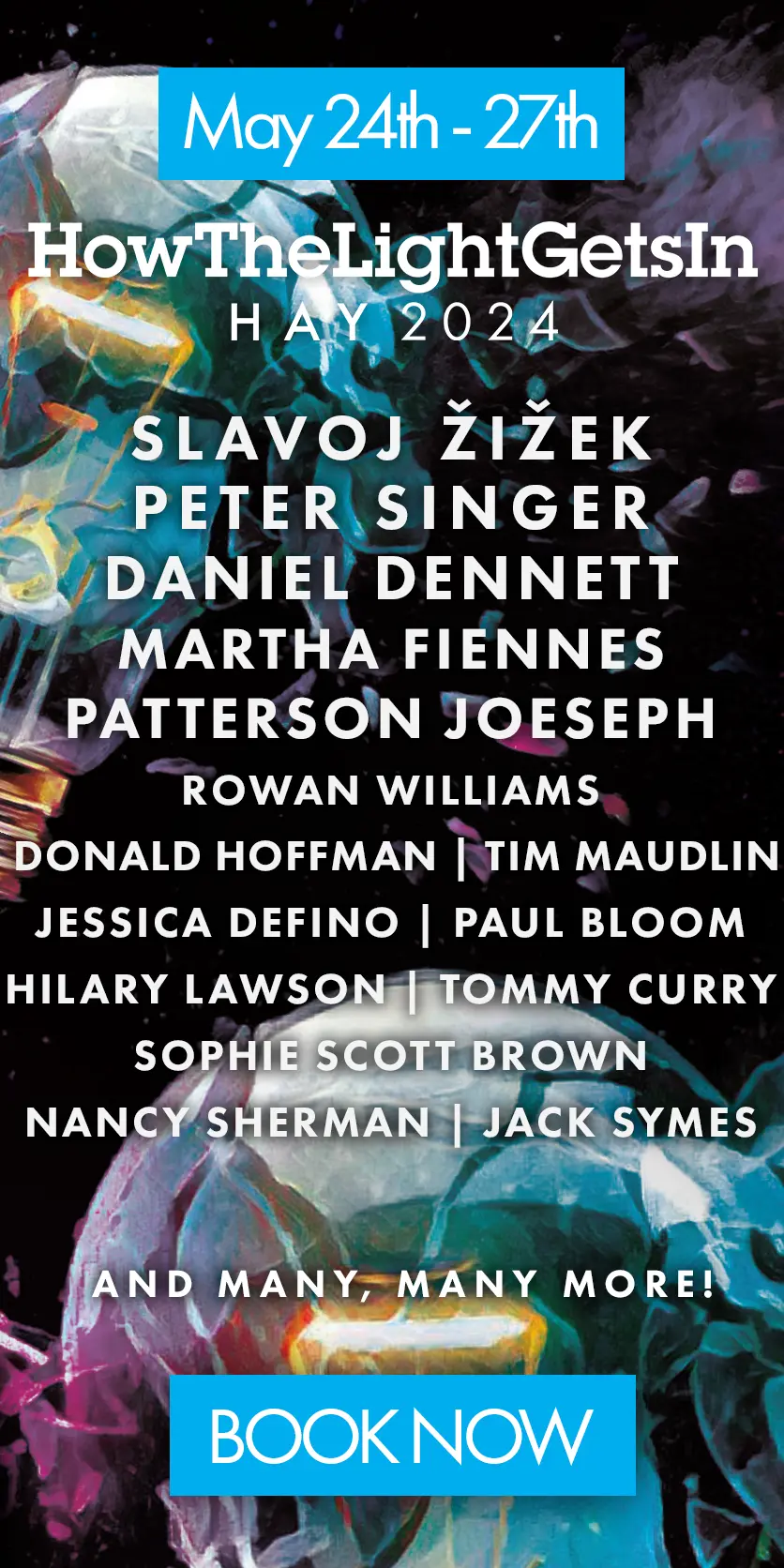The pandemic brought out a key contradiction at the heart of human nature.Different living arrangements meant that those stuck on their own during lockdowns felt a profound sense of isolation, while those who were living with family lost any sense of personal space and independence. Neither arrangement was ideal – humans are social beings who at the same time crave independence and freedom.
 SUGGESTED READING
Being With Others
By Thomas Dumm
SUGGESTED READING
Being With Others
By Thomas Dumm
Modern life has meant many of us inhabiting big cities are increasingly living away from our families and the communities we might have grown up in. Some see this as a sign of liberation - a conscious, free choice many of us have made, rejecting a more traditional lifestyle that involves intergenerational cohabitation, or at the very least living and working in the town we grew up in. At the same time, mental health practitioners are documenting an increase in phenomena like anxiety and depression, and the suggestion is that this might be linked to a sense of social isolation. So, what is to be done by this realisation? In a debate last month at HowTheLightGetsIn festival in London, the novelist and essayist Jane Teller, the Booker Prize nominee Sophie Ward, and psychiatrist Stephen Priebe disagreed over whether the sense of isolation in modern city life is a conscious choice on our part and a worthy price to pay for our independence, or whether we have involuntarily lost something necessary for human happiness in leaving behind us more communal forms of life.
___
"We are embodied individuals, our consciousness is part of our bodies. We understand each other best when looking at each other, smelling each other, touching each other, rather than interacting merely through screens."
___
Sophie Ward kicked off the discussion with a diagnosis of the direction of travel of life for young people living in Western countries today. For them, Ward argued, life is lived for the most part online and what is still referred to as "IRL", real-life physical interaction, is nothing but a brief interruption of their online existence. Given the trajectory of things in Silicon Valley and the pending transition of the internet to the metaverse, things for Ward seem to be heading towards a dystopia-like future along the lines of novels like Fahrenheit 451. At the same time, she reminded us of a lesson that the pandemic taught us: "We are embodied individuals, our consciousness is part of our bodies. We understand each other best when looking at each other, smelling each other, touching each other, rather than interacting merely through screens."
Jane Teller focussed her intervention on the question of choice, and the extent to which the solitary urban lifestyle of many people today is something foisted upon us, or whether it’s something we have ended up with as a result of having the freedom to choose this lifestyle, whereas previous generations or other cultures weren’t presented with a choice in the matter. When a traditional, communal, family-oriented form of life is the only choice available it hardly seems appealing compared to the freedom of moving to a different city, or to a different country, and setting up a life there from scratch. Also, freedom to choose different forms of life, argued Teller, doesn’t mean freedom from people – it simply means the ability to choose the people we want to be dependent on and responsible for, rather than tradition and custom choosing for us.
___
If talk of personal choice and freedom is out of place when thinking of historical shifts in living conditions, could our contemporary case be so different?
___
Taking a more historical perspective, Stephen Priebe looked back at other moments of great transformation in our way of living. The first big shift was from wandering in nomadic tribes, to settling down in one piece of land as a result of the agricultural revolution. That change, Priebe argued, did not come about as a result of individual choice, but as a result of external circumstances, or social forces and pressures. The same can be said of the industrial revolution – it was industry itself which favoured smaller family units than those of the agricultural era. So if talk of personal choice and freedom is out of place when thinking of historical shifts in living conditions, could our contemporary case be so different? Are we not also the “victims” of historical changes in the job and housing markets? Young people don’t flock to the big cities only for the artisan cafes and the culture, they do so because that’s where the jobs are. For the majority, that will mean moving to cities other than where they grew up, away from their families, and forging new social ties mainly through their workplace.
Priebe went as far as saying that the very concept of choice itself is a trick of capitalism, to lull us into consumerism. The choices most of us are presented with today are the false choices of the market: 30 different brands of washing powder. That’s no choice at all, and it certainly isn’t freedom, argued Priebe.
It can seem that young people today are being offered more choices than any generation before them, but in fact, they lack the freedom to actually do things that previous generations had. Part of that is for economic reasons - buying a house and starting a family is a lot harder for people in their 20s and 30s than it was for their parents, and employment is more precarious too, contributing to a sense of anxiety about their future. But part of it is also that more choice doesn’t necessarily equate to more freedom or happiness. The paradox of choice has a lot to answer for young people’s unhappiness in their romantic lives, for instance.
Of course, it’s not just young people being affected by the new modes of living. The end of intergenerational living has meant that people also end up feeling isolated and lonely in their old age. Whereas in the past, and even in some cultures today, three generations would live under the same roof, or at least in very close proximity, this is all but eclipsed in big cities. This intergenerational model of living, Priebe pointed out, has been shown in studies to be the one that best promotes happiness. As much as it makes liberal urban types uncomfortable, tightly-knit religious communities seem to be a much better recipe for well-being than libertine individualism.
It depends what we are measuring and valuing here, Ward interjected. If happiness is all we want, maybe communal living in a small village is the way to go. But if we also value innovation, creativity, and freedom from arbitrary customs and traditions in themselves, and not merely as instrumental to happiness, then modern urban life has a lot to offer. Communal life breeds conformity, group-think, and unjust power hierarchies. Let’s not forget who did (and does) most of the housework and the care in more traditional family setups: women.
___
“The system that connects us to the whole world also disconnects us from the real world”.
___
The technology of our era is a wonderful metaphor for the paradox that is human nature: both craving connection with others, but also valuing our individual freedom. Our phones have become the masters of distraction that they are partly because they tap into our yearning for social connection and communication, even if through a screen. At the same time, they often sabotage social interactions in real life, partly because with online interactions we feel we are in complete control, something that’s not the case if the person is sitting right next to you. “The system that connects us to the whole world also disconnects us from the real world” is how Ward put it.
 SUGGESTED READING
Me, myself and others
By Lars Svendsen
SUGGESTED READING
Me, myself and others
By Lars Svendsen
So what do we do with this diagnosis? There is no going back to old forms of living, argued Priebe. We can’t suddenly collectively reject modernity, as some conservative thinkers would like us to, and return to a, largely idealised and romanticised, a traditional mode of living, whatever than may be. We have to find new ways of sating our craving for social connection and belonging, albeit ones that are more nourishing that the empty calories of online communities. Easier said than done, but there are already some experiments underway. Young people trying to solve the problem of expensive housing and older people trying to solve the problem of loneliness have been coming up with new intergenerational models of living that go beyond the traditional family home. But what’s most likely is that the majority of us will, as perhaps people always have, live with this inherent contradiction of human nature: we are social animals, but we also like our independence, and a room of our own.



















Join the conversation